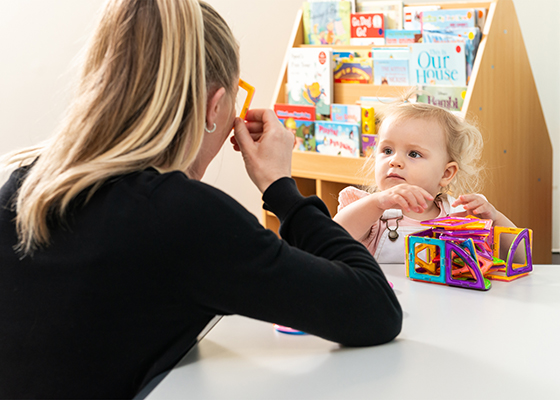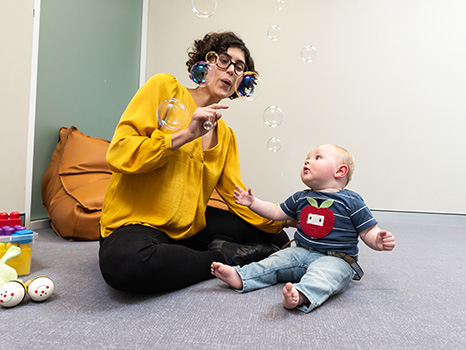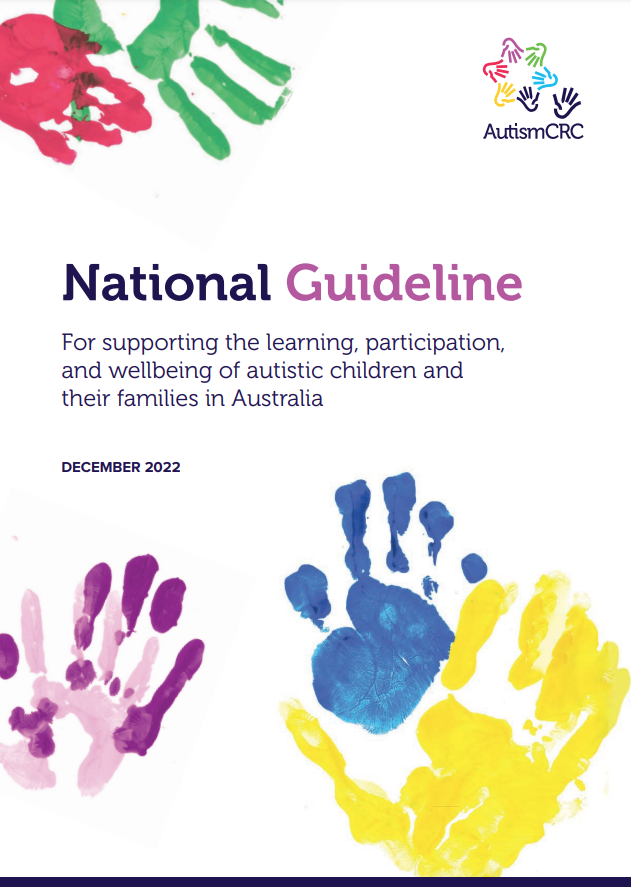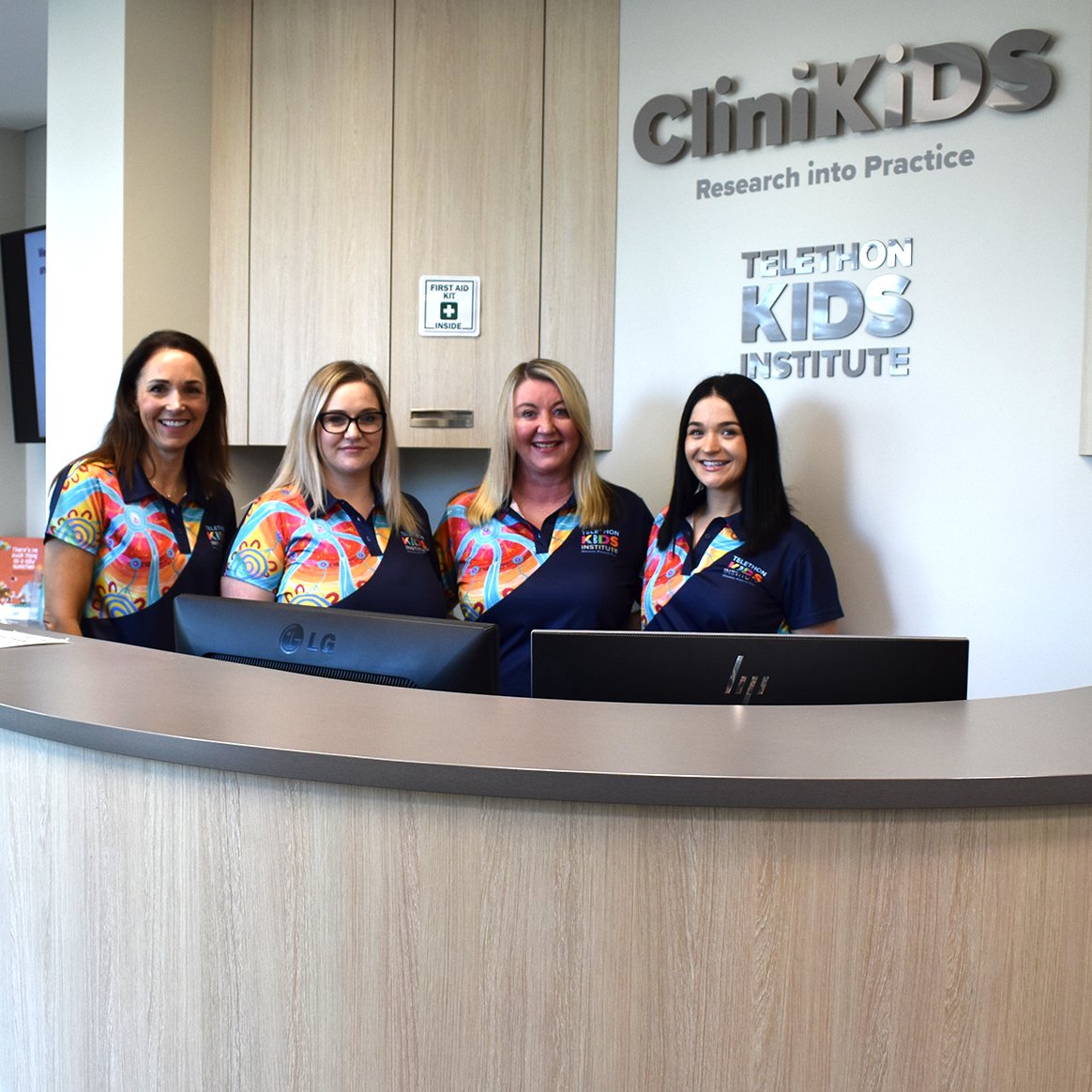Search

News & Events
What is neurodiversity?In this blog, Speech Pathologist Emma Corry explores what neurodiversity is, and what it means in the context of supporting autistic children. Many people may have heard the term “neurodiversity” but what does this term actually mean? In this blog, we are going to dive into the foundations of neurodiversity.

News & Events
Let's play!This is the start of our CliniKids blog series about play. In this blog, Speech Pathology Clinical Lead Aria May, explains why play is so important for autistic children.

News & Events
Five tips to help autistic kids communicateSpeech Pathologist and Research Development Manager Sarah Pillar shares her strategies for supporting autistic children to communicate.
Our award-winning 60 Second Science video series translates the latest research into an accessible format for the community. Here you will also find our Autism Seminar Series and videos about our clinical services and current research projects.

CliniKids has developed a range of fact sheets to support everyday activities at home. We've also included links to some resources and websites for parents and carers developed by other support services.

News & Events
Supporting autistic children guideline - short courseCliniKids has partnered with Autism CRC to deliver an online self-paced short course which explores the Recommendations included within the National Guideline for supporting the learning, participation, and wellbeing of autistic children and their families in Australia.

News & Events
Frangipani Family DayFrangipani Family Day is an opportunity for CliniKids to celebrate the families we engage with through our clinical services and research.

News & Events
Meet the Client Support TeamThe Client Support Team at CliniKids has some new faces! Nicki and Amy join our lovely Tracy.

Our team is comprised of well experienced clinicians who can support your child and family.
